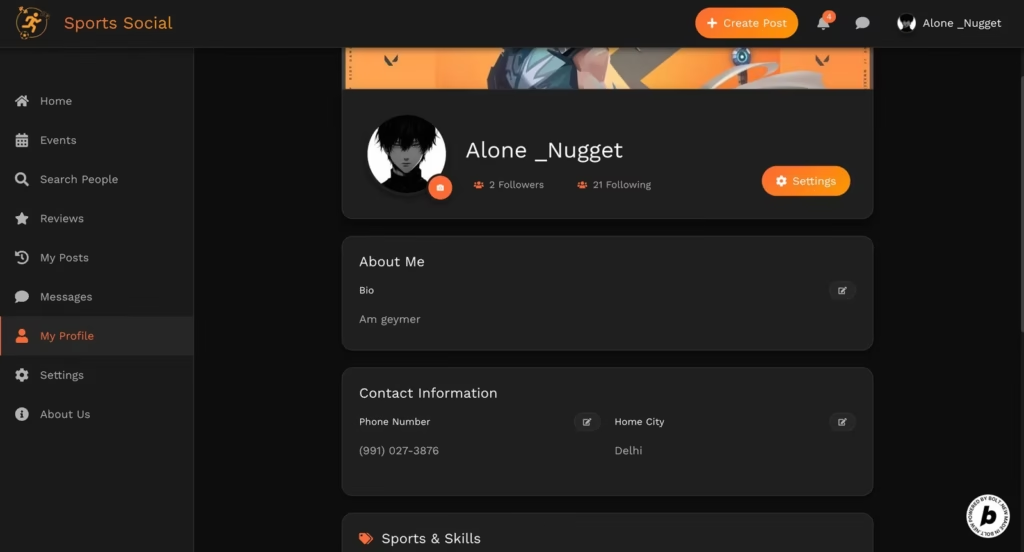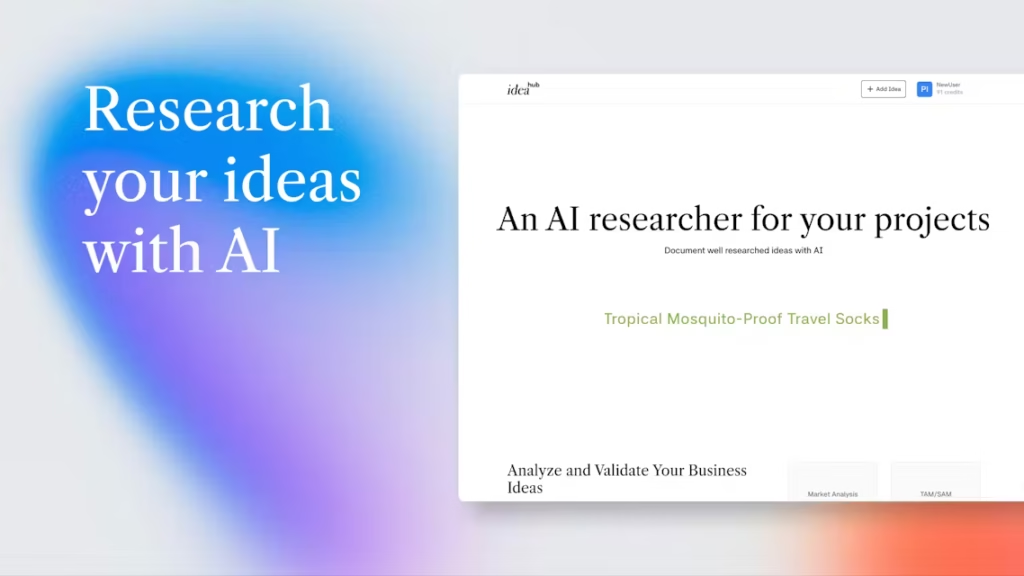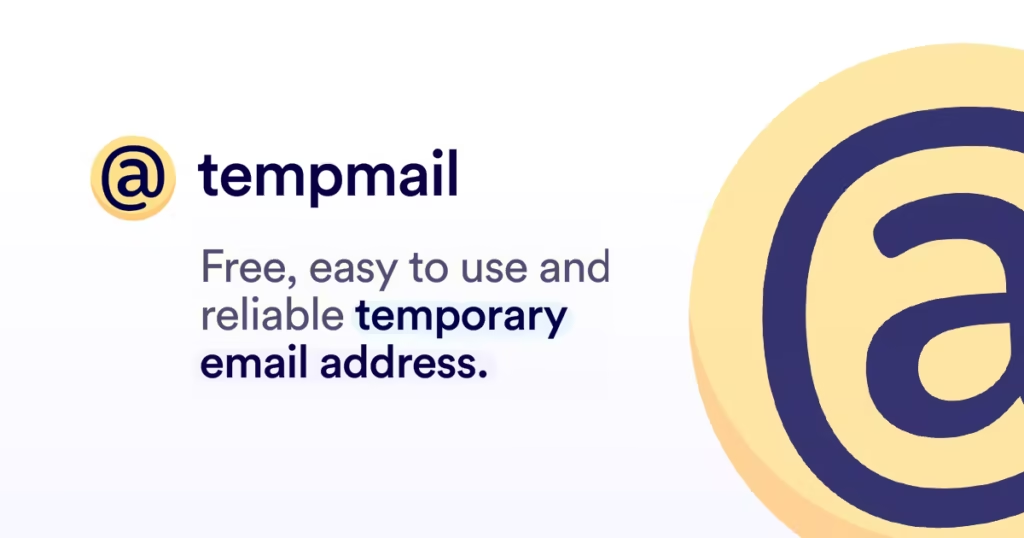Executive Summary
Hunter is an AI-powered career agent developed by HiringAgents.ai, designed to automate the job search process. Unlike traditional job boards, Hunter works in the background, scanning major platforms to find roles tailored to your resume and preferences. The promise? “Jobs worth quitting for” without the manual grind. While the concept is compelling, limited third-party reviews and opaque pricing raise questions about its real-world effectiveness.
Key Features Analysis
1. Autonomous Job Matching
Hunter eliminates the need for manual searches by continuously scanning job boards and filtering openings based on your profile. This passive approach is its biggest selling point.
2. AI-Powered Precision
Using advanced LLMs (Large Language Models), Hunter aims to understand job descriptions beyond keyword matching. This should, in theory, improve match relevance compared to traditional platforms.
3. Integration with Holly
Hunter pairs with Holly, an AI recruiter that vets candidates for employers. This two-sided system could streamline hiring, but real-world synergy is unproven. Read more about AI recruitment trends in this guide.
User Feedback Summary
Pros:
- Reduces search fatigue: Users love the “set it and forget it” approach.
- Better filtration: Early adopters report fewer low-quality job matches.
Cons:
- Limited control: Some want more customization over match criteria.
- Unverified success rates: No hard data on interview conversions yet.
A ProductHunt comment captures the mixed sentiment: “Hopeful for more relevant matches, but cautious about over-automation.”
Performance Analysis
Reliability
Hunter runs continuously, but its match accuracy is unclear without independent benchmarks. Similar AI agents claim a >50% interview rate for testers, per The Register.
Speed
Users report matches within days, but speed varies by industry and role rarity.
Usability
The setup is simple—upload your resume and set preferences—but advanced users may find customization options lacking.
Pricing Analysis
As of August 2025, Hunter’s pricing isn’t publicly listed. HiringAgents.ai hints at “pay as you go” models cheaper than traditional recruiters, but transparency is needed. Without clear cost benchmarks, assessing value is tricky.
Frequently Asked Questions (FAQs)
1. How does Hunter differ from LinkedIn or Indeed?
Hunter automates searches and sends curated matches, while traditional platforms require manual browsing.
2. Is my data secure?
HiringAgents.ai claims enterprise-grade security, but detailed policies aren’t published.
3. Can I adjust how often I get matches?
Current users say frequency is preset, but feedback suggests this may evolve.
4. Does Hunter work for all industries?
It’s optimized for tech and corporate roles; niche fields may see fewer matches.
5. What if I get irrelevant matches?
You can flag mismatches to refine future results, though manual tweaks are limited.
6. Does Hunter apply to jobs for me?
No—it only recommends roles; you handle applications.
7. Is there a free trial?
Unclear; the website doesn’t mention trial options.
8. How does Hunter compare to human recruiters?
It’s cheaper and faster, but lacks personal negotiation or tailored advice.
9. Can employers see my profile?
Only if you apply to their jobs or opt into Holly’s vetting.
10. What if I’m not actively job hunting?
Hunter can scout for “dream jobs” passively, but may overwhelm if you’re not looking.
Final Verdict
Pros:
- Truly hands-off job searching.
- Strong potential for time savings.
- AI-driven matches could outperform keyword bots.
Cons:
- Untested long-term accuracy.
- Limited user control.
- Pricing ambiguity.
Ideal for: Busy professionals in tech or corporate sectors open to new opportunities. Not ideal for those wanting full control or in highly specialized fields.
Recommendation: Try Hunter if you hate job hunting, but temper expectations until more data emerges. For now, it’s a promising but unproven tool.



